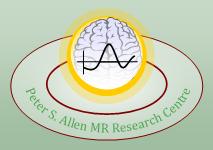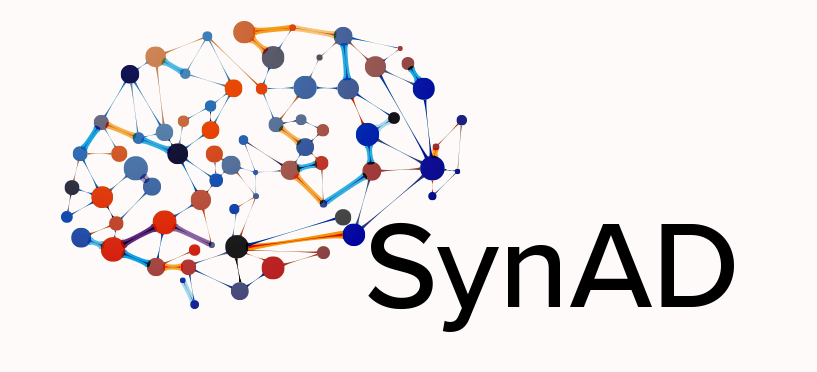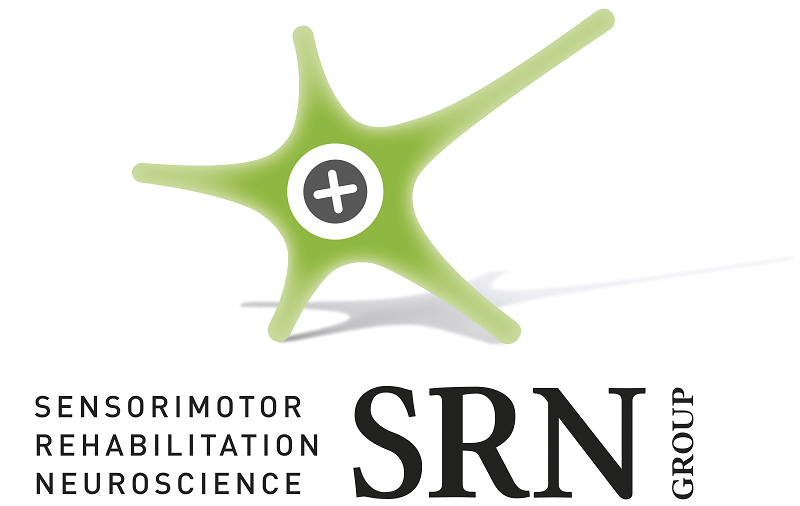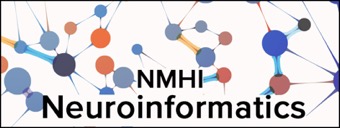Research Groups + Centres
The NMHI is proud to collaborate with other University of Alberta research groups and centres who are working towards a common goal of accelerating discoveries in the prevention and treatment of neurological and mental health diseases and disorders. Many NMHI members belong to these groups which together with the NMHI form a research network that facilitates opportunities and collaborations that would otherwise not be possible.

MS Centre
Multiple sclerosis (MS) is a progressive disease that affects more than 93,000 Canadians often with debilitating motor, visual, sensory, and cognitive impairments. Not only is there no cure but the cause of MS remains unknown. The MS Centre brings together researchers and clinicians who are working together to understand the cause of MS and develop preventive and reparative treatments. Research is coupled with training the next generation of MS scientists and care providers so patients continue to benefit from advances in treatment and care.

Peter S. Allen MR Centre
The Peter S. Allen MR Research Centre is focused on the technical development of new magnetic resonance imaging (MRI) methods to provide images of the human brain and body. These MRI techniques are used to understand how the healthy brain develops and ages across the lifespan as well as how this differs in diseases and disorders such as epilepsy, stroke, fetal alcohol spectrum disorder, Amyotrophic Lateral Sclerosis, dementia, Parkinsons Disease, multiple sclerosis, trigeminal neuralgia, concussion, and now COVID-19. The goals are to improve detection of brain injury beyond the typical imaging methods and to provide fundamental insights of the brain.

SynAD
SynAD: Synergies in Alzheimer’s disease. An estimated 50 million worldwide have dementia of which Alzheimer’s disease is the most common form. Currently no disease-altering interventions exist. SynAD is advancing research into Alzheimer’s disease and related dementias with the goal of making significant and novel contributions to this public health challenge.

Centre for Prions and Protein Folding Diseases
Prions are infectious agents known to cause disease in both humans (Creutzfeldt-Jakob disease) and animals (Bovine Spongiform Encephalopathy and Chronic Wasting Disease). Prion diseases have now taught us a lot about common protein misfolding diseases, especially those that do not run in families. These other diseases include Alzheimer’s, Parkinson’s and some types of frontotemporal dementia. Researchers at the Centre for Prion and Protein Folding Diseases study different types of protein misfolding in the central nervous system, to understand disease progression, to learn how to identify these diseases early on and, ultimately, how to treat or prevent them.

Sensorimotor Rehabilitation Neuroscience Group
The mission of the Sensorimotor Rehabilitation Neuorscience (SRN) Group is to understand the principles of sensorimotor control and to use this knowledge to promote functional recovery following injury or diseases of the nervous system. The expertise in the group ranges from cellular studies, imaging, electrophysiology, engineering to rehabilitative training. This broad overlapping expertise is a requirement to develop all encompassing, combined treatments that are able to promote significant sensory and motor recovery.
Neurochemical Research Unit
In the Neurochemical Research Unit, researchers study the complex interplay between brain chemistry, environment, genetics, and brain health. Clinicians and scientists in the NRU perform studies across all pillars of research, from mechanistic studies in model systems through to clinical trials in human patients. Our research aims to better define the fundamental neurobiology that underlies the function of the healthy brain or its dysfunction in mental illness. From these fundamental insights, our goal is to develop, validate, and translate novel therapies to reduce the burden on those affected by mental health conditions.

Neuroinformatics Research Group
The neuroinformatics research group serves a collaborative function across multiple NMHI disciplines and research topics. Neuroinformatics refers to the application of a cluster of powerful quantitative modeling technologies to the analysis and interpretation of complex data sets representing a broad spectrum of neurological and mental health research problems. Such applications are often derived from advances in Artificial Intelligence, machine learning and multi-omics technologies. They can accommodate or even integrate studies that feature (1) data-driven or hypothesis-guided designs, (2) big data (variables, persons) and selectively smaller analyses, and (3) dynamic multi-timepoint and static data structures. In NMHI, members across departments are engaged in research that deploys neuroinformatics approaches with neuroimaging, genomics, epigenetics, neurodevelopment, neurodegeneration, neural injury and repair, mental health and other forms of data. Neuroinformatics links preclinical with clinical research, big data with precision health, and mechanistic with intervention applications.